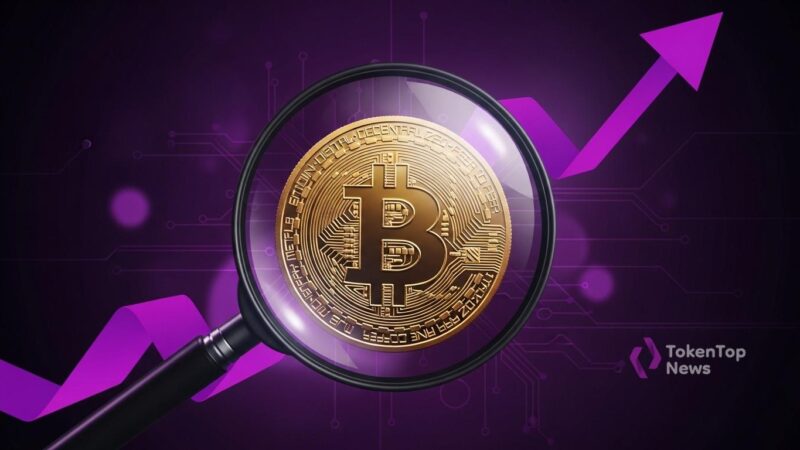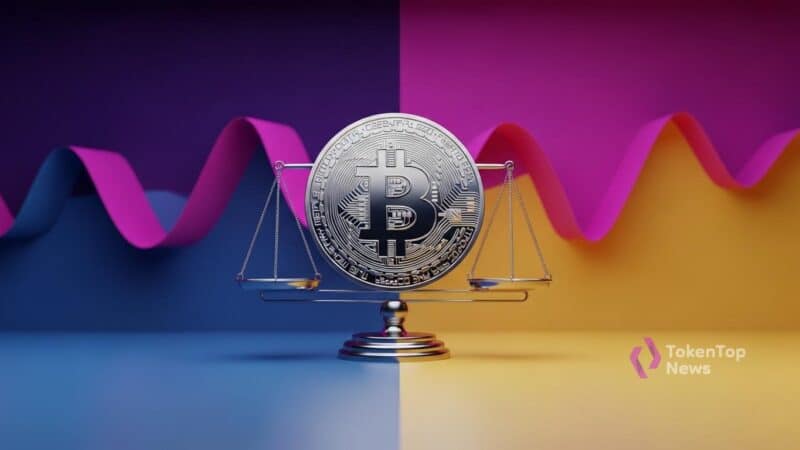Bitcoin Miners Accept Sub-1 Sat/vByte Transactions Surge
- Surge in Bitcoin BTC +0.00% transactions with fees under 1 sat/vByte.
- Miners accept low fees amid decreased block demand.
- Changes strain miner profits but benefit transaction users.

The volume of Bitcoin transactions below 1 satoshi per vByte hit approximately 193,000 daily transactions, indicating a significant shift in miner fee acceptance behavior.
The trend provides users with cost-saving benefits but challenges miners’ profitability, highlighting tension between network economics and user demand.
The number of Bitcoin transactions paying less than 1 satoshi per vByte has surged to a daily high of approximately 193,000. This surge follows a collective shift in behavior among miners amidst prolonged low demand for blockspace.
Key players include large Bitcoin mining pools and node operators. They previously upheld a fee minimum for transactions, but this has changed due to economic pressures. No official announcements have been made; changes stem from , as discussed in a report from Protos: “Recent months of dismal demand for blockspace started to create a lengthening queue of sub-sat bids. Users sophisticated enough to modify their node software were able to broadcast sub-one sat bids… and simply wait for miners to capitulate…”
The increased acceptance of sub-1 sat/vByte fees primarily benefits users by enabling cheaper transactions. Conversely, this shift presents challenges for miners whose revenue models rely on higher transaction fees to maintain profitability. Insights from economic impacts discuss the ramifications for miners.
The broader economic impact of decreased transaction fees includes potential strain on miner profits already affected by block subsidy reductions. Discussions continue around the future implications for the Bitcoin network’s viability and economic models. This unique event has sparked debate over Bitcoin’s .
Historical data indicates similar low-fee occurrences post-bear markets; however, this event’s duration and scale are unique. This change may influence future versions of Bitcoin Core software, sparking debate over mempool and transaction policies. Ongoing discussions within the developer community indicate significant concern about mining profitability versus transaction volume.
Insights into potential financial and technological outcomes suggest that while transaction affordability increases, miner economic models face realignment. Continued debate involves Bitcoin’s ability to handle low-value, high-volume transactions, reflecting the ongoing shift in network economics and .





